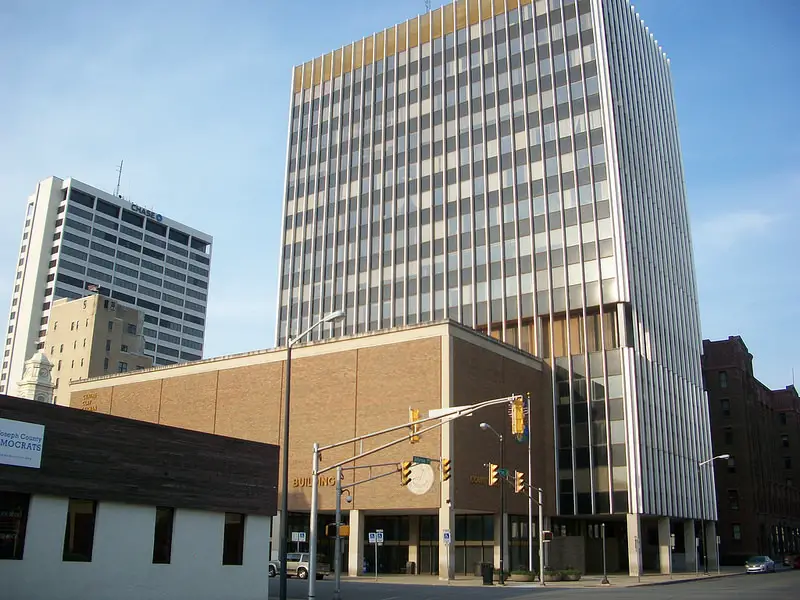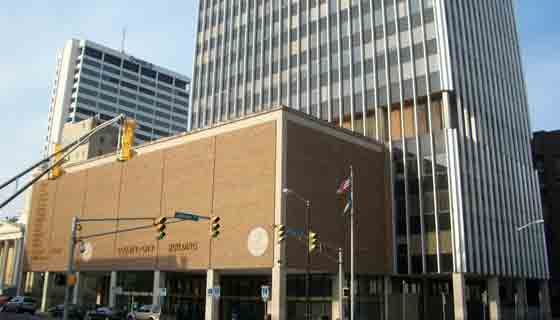The St. Joseph County Council and Commission sent out a memo on Thursday notifying department heads that the county would need to cut both the current 2014 budget and the upcoming 2015 budget. The memo is signed by County Commission President Andrew Kostielney, Council President Rafael Morton, and County Auditor Peter Mullen.
According to the memo, the state of Indiana’s property tax “Circuit Breaker” law is to blame for the shortfall. The county is expecting a shortfall of $7.2 million for 2014 alone. Nearly $6.2 million is from the general fund.
“We have been through difficult times in the past. We will get through this,” the memo says.
St. Joseph County’s leaders have taken immediate steps to balance the budget. All departments are being cut 3 percent for the 2014 budget. They are also mandating a 5 percent cut in department spending for the 2015 proposed budget, in addition to the 3 percent cut in 2014’s remaining budget. In other words, 2015’s budget will come in 8 percent lower than 2014’s original budget. The county is not increasing pay for any employees and is instituting an immediate hiring freeze.
The Circuit Breaker law capped property taxes in the state. Homesteads, which are a primary residence and up to one acre of property, are capped at 1 percent of assessed value. Non-homestead residential properties, agricultural farmland, and long-term care facilities have their taxes capped at 2 percent. Nonresidential properties (such as commercial and industrial land) are capped at 3 percent, as is personal property.
The Circuit Breaker law is part of the Indiana state constitution. It passed the legislature as Senate Joint Resolution 1 in 2008 with the support of then-governor Mitch Daniels. It was passed for a second time — as is required for a constitutional amendment — in the next consecutive session, which was 2010. Voters then approved the caps in the November 2010 elections.
Some exceptions exist in the law. Debt issued prior to July 1, 2008 is exempt from the cap, although this only applies in two Indiana counties: Lake and St. Joseph. Any voter-approved referendum for projects related to school funding or other projects are also exempt.
————











